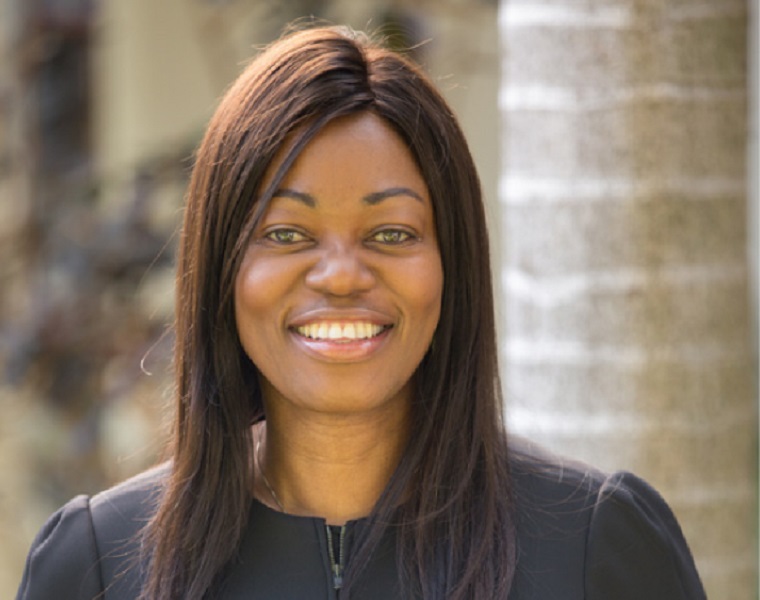 I have been struggling for more than a week to find out why there was an outrage over a tweet by Tsitsi Masiyiwa, wife of Zimbabwe’s richest man Strive, which forced her to close her twitter account.
I have been struggling for more than a week to find out why there was an outrage over a tweet by Tsitsi Masiyiwa, wife of Zimbabwe’s richest man Strive, which forced her to close her twitter account.
In my opinion, this was a very sober tweet, which only those with some hind knowledge, or something to hide, could be offended by.
Her tweet read: “Some outcries and actions in pursuit of justice seem and look so right until you discover the source of the outcry and sponsor of the cause. Take a step back and reflect on some of the things we consider good and just causes.”
Coming from a well-known philanthropist, I though there must have been something that prompted her to post that tweet. And it reminded me of what Geoffrey Chaucer once said, that it is only the guilty that think all talk is of themselves.
What people out to have done is what Masiyiwa suggested: “Take a step back and reflect on some of the things we consider good and just causes.”
The first thing that came to my mind was what Zimbabwean academic, Blessing-Miles Tendi wrote both in an article and later in his book: Making History in Mugabe’s Zimbabwe.
Tendi said intellectuals were rewriting history for Mugabe and those who did not support Mugabe bend the rules to appease those who funded their studies.
“One academic from the University of Zimbabwe admitted: ‘I do consultancy work for NGOs and I bend my analysis to please them … I tell them Mugabe is bad and there is a serious crisis and I say it loudly so they are satisfied. That way they will come again next time for my analysis and even bring me new clients. That is how I survive’,”Tendi wrote.
Karen Rothmyer said non-governmental organisations were in the business of bad news. She quotes one NGO employee as saying: “When you’re fundraising you have to prove there is a need. Children starving, mothers dying. If you’re not negative enough, you won’t get funding.”
She went on to quote Linda Polman who says her book, The Crisis caravan: “Aid organizations are businesses dressed up like Mother Teresa, but that’s not how reporters see them.”
Diana Jeater, in her closer look at NGOs in Zimbabwe, said Britain’s Department of International Development, which refused to channel its aid through the government but through other NGOs, stated in its 2011-2015 plan for Zimbabwe, “real transformation and sustained development progress is only likely following political change”. So was their aid aimed at political change?
She also cites a World Bank official explaining why Chinese aid is more successful in Africa than Western aid: “Do you know why you Chinese are more successful in the aid issue?…It’s just because we know what aid we can provide in Africa while you don’t know. Since you are not clear, you ask the Africans about this and they told you what they exactly need. That is the reason you are more successful.”
Jeater gives the example of Arthur Chikhuwa to illustrate that aid is not aimed at helping Zimbabweans but to fulfil the agenda of the donor. “Indeed, many of the artists with whom I’ve been speaking have been utterly demoralised by their experiences of donor funding. Arthur Chikhuwa, of the now-defunct Capricorn Video Unit, made a good living producing high-quality training and documentary films on ‘social’ issues – until the funding was withdrawn in the wake of the political crises in Zimbabwe. The donors had always determined the agenda and had provided support only for the product. There was never any money to invest in new kit, or to give the Unit space to develop its own products or market.”
She also says Douglas Rogers writing in his memoir about an aid worker who had been running a tobacco farm clearly illustrated the attitude of aid workers vis-a-vis their mission. “Now? I drive around in a white Land Cruiser handing out shitty imported maize seed to poor buggers who don’t know how to farm it. Then I collect a salary in US dollars. It’s not very moral and it doesn’t make me feel very good, but it’s easier than farming,” the aid worker told Rogers.
A friend who also depends on donor funding told her: “They spend millions but they make no constructive difference. They just meet their funders’ benchmarks and get paid. They are parasites on the poor.”
So was Tsitsi Masiyiwa wrong or she just touched a subject on which too many people are living comfortably?
It also reminded me about a question that I have been asking myself. Does Movement for Democratic Change vice-chair Tendai Biti really need three top notch lawyers for his post-elections case – Beatrice Mtetwa, Alec Muchadehama and Jeremiah Bhamu? If so, who is footing the bill?
(299 VIEWS)



